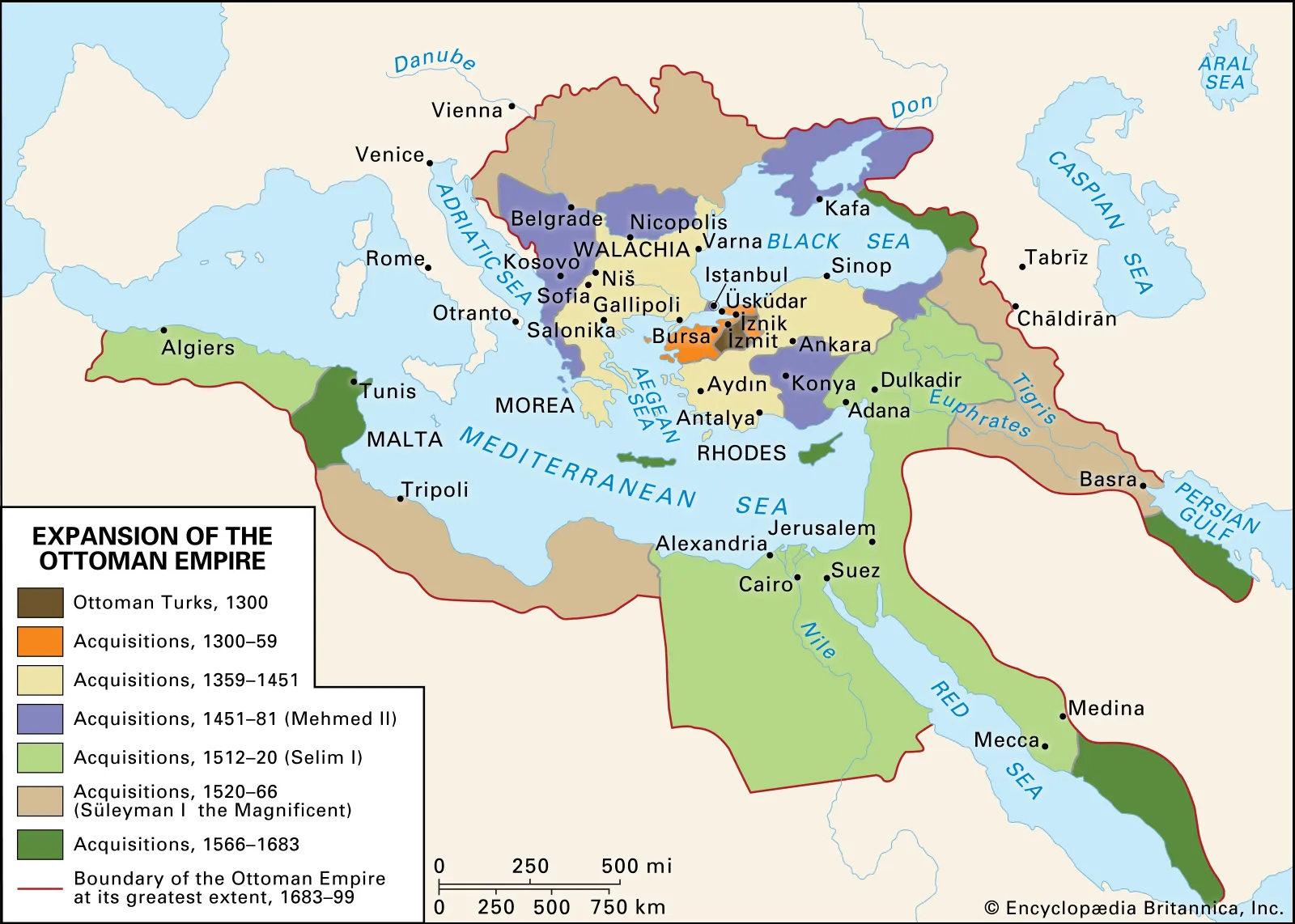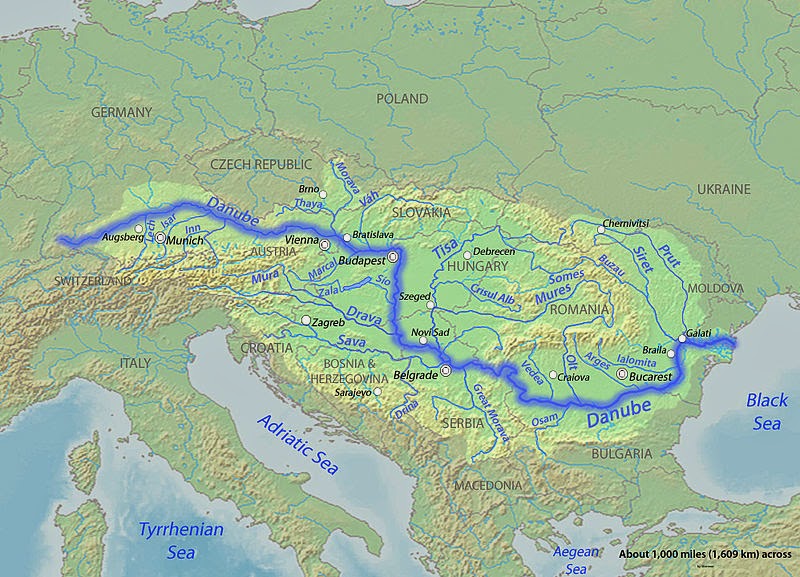The Black Sea – Three Points of View
The Black Sea has been on my mind for the past few days. Odd, perhaps. Or maybe not so odd because I’m in Romania. A brutal war rages just beyond Romania’s northeastern border. Geography matters.
As you see, six countries surround the Black Sea: Turkey, Bulgaria, Romania, Ukraine, Russia, and Georgia. The uncolored space between Romania and Ukraine is Moldova. It is landlocked. (Title image courtesy of Mappr. No copyright infringement is intended.)
So, six points of view should come into play here. However, I can only think of three: Turkey, Romania, and Ukraine.
The Black Sea and the Ottoman Empire
The name for the sea comes from the period of the Ottoman Empire. And now another map comes into play. A quick study of it confirms that the Ottoman Empire dominated the coastline for hundreds of years.

In 1923, Mustafa Kemal Ataturk, the founding father of the Republic of Turkey, moved the capital to Ankara.
From 1453 – 1923 Istanbul was the capital of the empire. This city famously straddles the Bosporus Strait which separates two continents, Europe and Asia.
To the north of the Bosporus is the Black Sea. To the south is the Sea of Marmara, which connects to the Aegean Sea and then to the Mediterranean.
The strategic importance of Istanbul is clear.
From the point of view of the capital of the empire, the Black Sea is to the north. The Turks associated this cardinal point with night and cold. And from this association comes the name Karadeniz < kara ‘black’ and deniz ‘sea/ocean.’
To complete the picture, the Mediterranean Sea is called Akdeniz < ak ‘white’ and deniz ‘sea/ocean.’
The Black Sea and Romania
Before the Turkish name took hold across the region, the Romanians called it Marea cea Mare ‘The Big Sea.’

I never miss a chance to insert a map! You see that the Danube starts in the Alps and empties into the Black Sea. One third of the Danube flows around and through Romania
The Romans were in Romania beginning in the first century C.E. They called it, following the Greek usage, Pontus Euxeinos ‘The Hospitable Sea.’ It is the only sea whose water is drinkable.
The reason for its drinkability is the Danube River. In ancient times sailors would set out in the spring when the flow of the Danube into the sea was at its maximum. The fresh water would remain on the surface, and the sailors would collect it and store it.
The Black Sea is part of the ancient Sarmatic Sea, a basin that included today’s Caspian and Aral Seas to the east. These waters were fresh.
After the Black Sea came into contact with the Mediterranean, it has slowly become more salty.
The Black Sea and Ukraine
Although the Slavic languages have adopted the Turkish name for the sea, their perspective is necessarily different. Obviously for the Slavs, the sea is to the south and not to the north as it is for the Turks.

You see an impressive system of rivers. The longest and widest one zigzagging across the center of the country is the Dnieper. Other important ones are the Donets to the east and the Dniester to the west
First, Ukraine is sometimes referred to as the European Mesopotamia. The reason lies in its rich system of rivers. They flow south and empty into the Black Sea.
Second, this system of rivers makes Ukraine agriculturally important. You’ve likely heard much on the news about how Russia’s war has affected Ukrainian corn and wheat production. And how crucial their exports are to the global food supply.
Third, these rivers shaped the socio-political history of the country.
In the 9th and 10th centuries Vikings from the north sailed down these rivers, bringing with them the term Rus‘ to refer to the Norsemen.
The southern inhabitants absorbed the Vikings and Slavicized them, making the terms Rus’ and Slav interchangeable.
They established their capitol at Kyiv and created an empire that extended from the Black Sea to the Baltic.
In The Gates of Europe: A History of Ukraine Harvard historian Serhii Polkhy observes that the Dnieper River has historically served as a dividing line between East and West. Cossacks to the East, Europeans to the West. Ukraine is now fighting to get fully inside the gates of Europe.
See also: Yaroslav the Wise – Why He Matters
If you want a Bulgarian perspective on the Black Sea, you might try:
Categorised in: Blog, Europe, Romania
This post was written by Julie Tetel Andresen
You may also like these stories:
- google+
- comment



